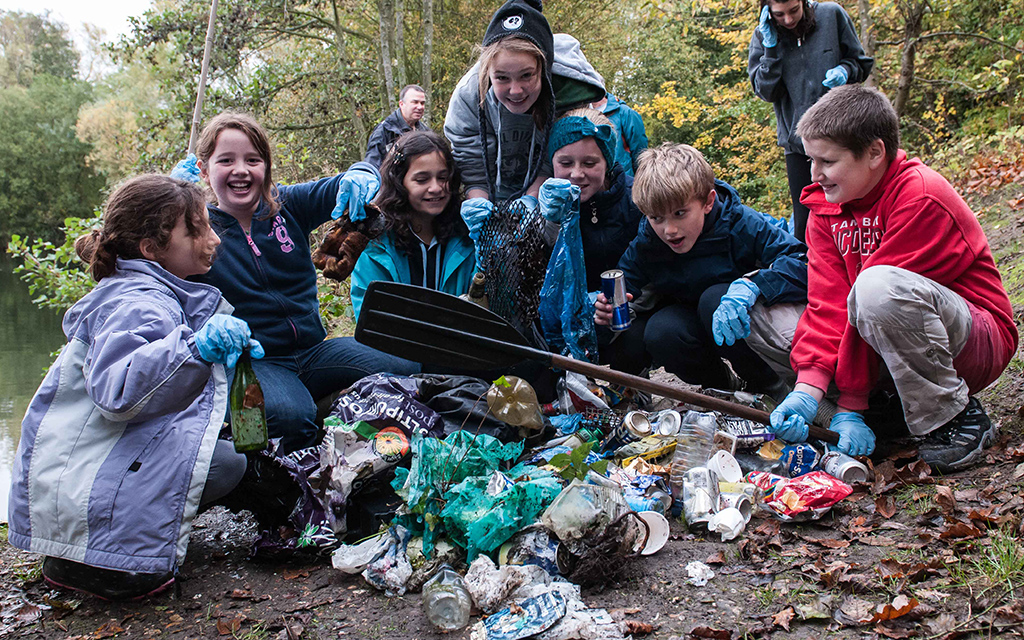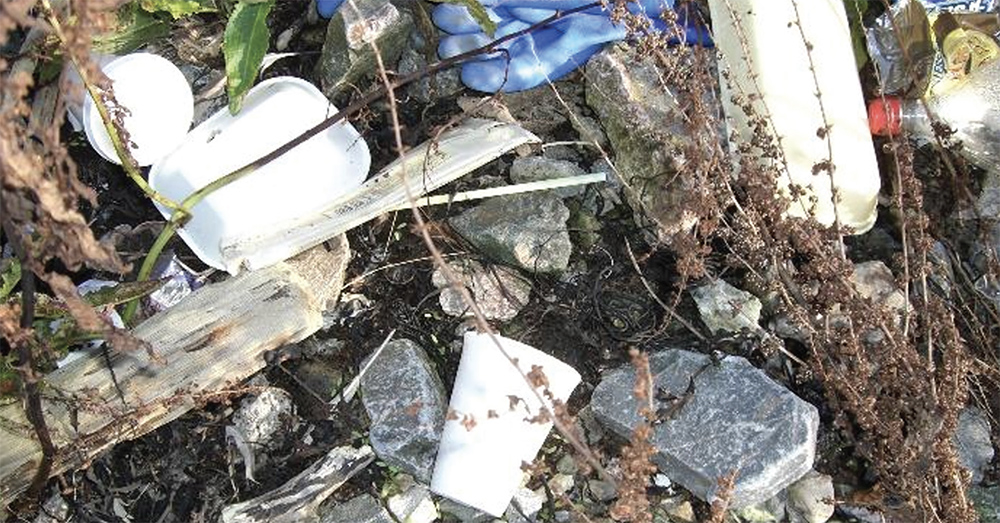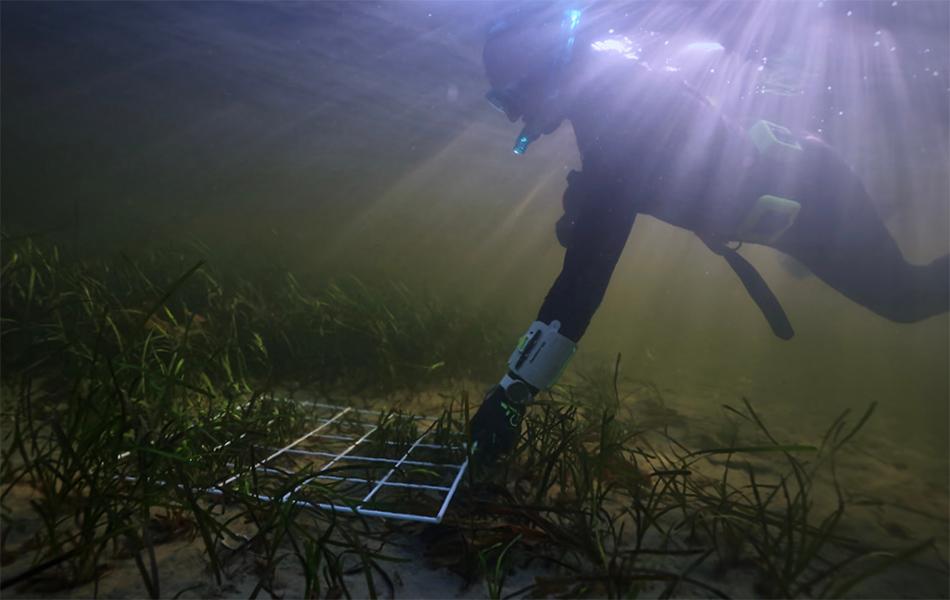
Kerry MacKay explains why the numbers game is so important when it comes to persuasive conservation campaigns.
In Argyll, we have a beach where volunteers recorded 7,023 pieces of litter larger than 2.5cm in just one square metre! I’ve always believed that unless you know what you have, you can’t know how best to use or look after it. This is as applicable to our cold vs warm water regs, as it is to our seagrass beds and deep ocean corals.
I’m a big fan of a bit of good hard data. Yes, I know, it’s not the coolest thing in school. Yet I love playing around with a spreadsheet to see what all those numbers are telling us.
We need to know what’s where, and how many there are. We need to know how those numbers change over time. Then we can tell if things are doing well or heading for extinction. When we spot an issue, data is again essential to figure out what the cause of the harm is and if what we’re doing to try to help is working.
A dedicated professional army of highly trained scientists collecting vast amounts of data would be expensive. Scientific funding is not that generous, so scientists are increasingly reliant on the general public to help collect data. Members of the public who contribute to these research projects get the honourable title of ‘Citizen Scientist.'
The Marine Conservation Society’s (MCS) has lots of beach litter data and I’ve been having fun with the data for Argyll and Bute. Thanks to more than 5,000 citizen scientists doing MCS Beachwatch surveys in Argyll and Bute, I can confidently tell you that if you walk 100m of beach, you will find on average:
- 57 Snack packets.
- 32 Plastic drink bottles and caps/lids.
- 8 items of menstrual litter.
Empirical evidence is essential when trying to get the status quo to change. The MCS plastic bag data was instrumental in bringing in the plastic carrier bag charge. Thanks to the 5p carrier bag charge, data has shown a 60% drop in the number of plastic bags on UK beaches.

The ban on many single-use plastic items in Scotland in 2022 and England and Wales in 2023 is a step in the right direction, but sadly seems to be pushing litter to other materials. In Argyll and Bute, we have seen a sharp increase in wooden cutlery litter. A clear example of where reuse would be better than any single-use material.
MCS’s annual Great British Beach Clean (GBBC) is approaching. This event is a national push to get an annual snapshot of litter on our beaches. This year the GBBC runs from Friday 20 to Sunday 29 September.
There is no dedicated underwater litter survey that I’m aware of (please tell me if you know of any). You can record the litter you see on a dive on Seasearch recording forms. Many Seasearch surveys are done on wrecks but fail to mention this rather large human impact on the location!
For marine life and habitat data collection get involved with Seasearch. You can collect valuable data on every dive or simply submit a record when you spot something interesting. You can focus on your favourite type of squidge (for example Crab Watch, The Great Eggcase Hunt, or The Big Seaweed Search), monitor and help identify wrecks, help combat climate change with Seagrass projects or battle marine pollution with beach litter (Beachwatch Surveys) and microplastic surveys (The Big Microplastics Survey).
There’s a Citizen Scientist in every one of us. I hope this page has given you some inspiration for your dives and surface intervals. Join me and thousands of others for the GBBC this September, and find a more productive way to use your mindless social media scrolling time on Zooniverse.org. If we want to protect our oceans, we need to know what we have.
Article ‘For the love of data’ by Kerry MacKay first published in SCUBA magazine, Issue 148 September 2024.

 Author: Kerry MacKay | Posted 21 Sep 2024
Author: Kerry MacKay | Posted 21 Sep 2024



